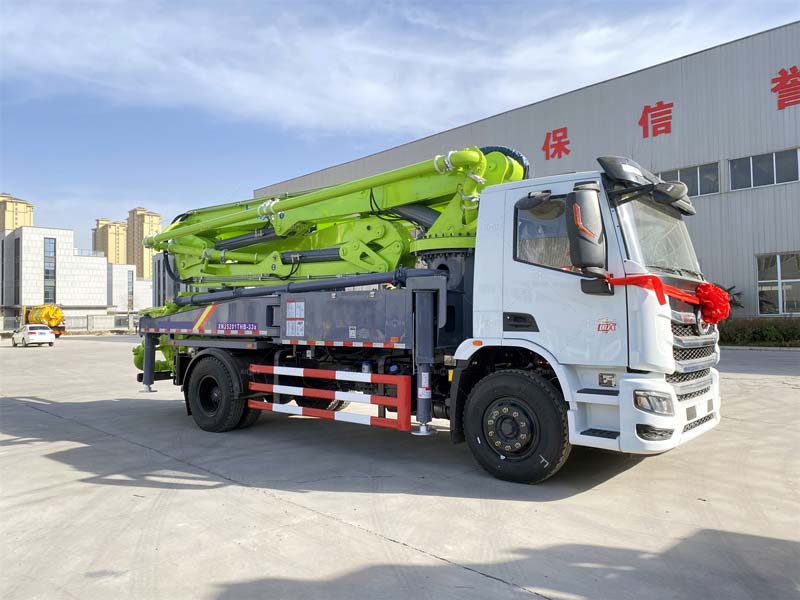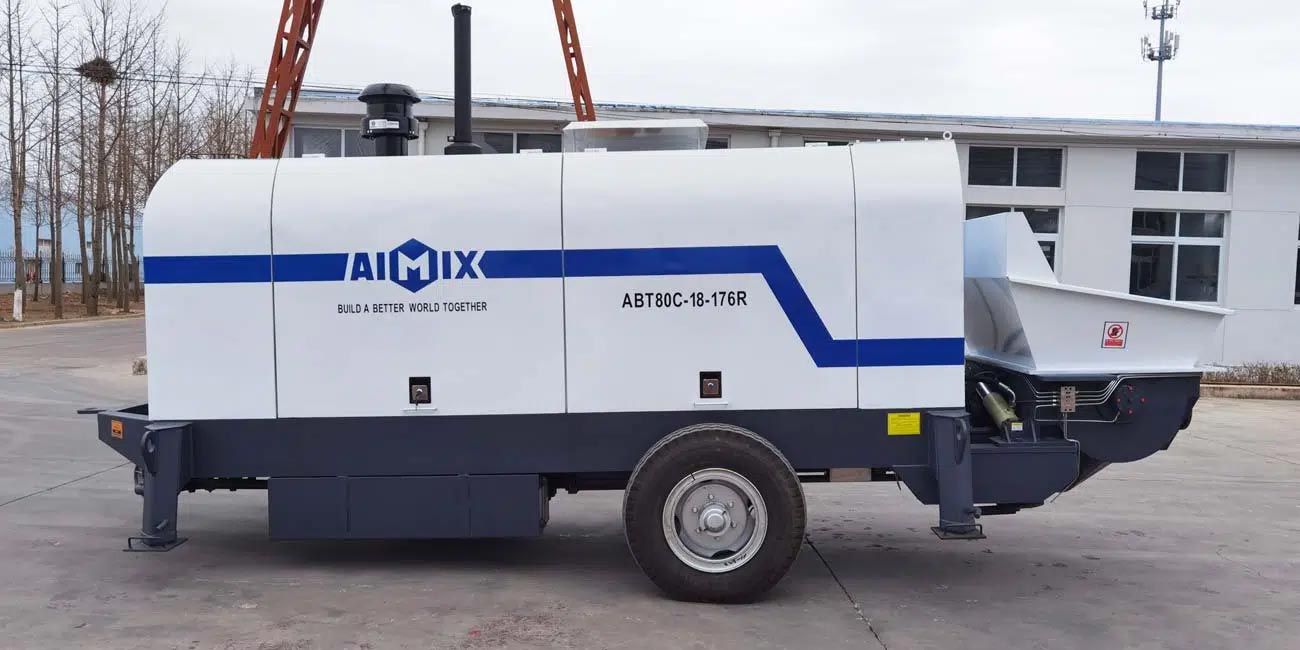Concrete pumping technology has revolutionized construction, making it faster and more efficient. However, when planning a project, one of the most crucial aspects to consider is the concrete pump price. To make an informed decision, let’s break down the key factors that influence the cost.
Pump Type and Size
The type and size of the concrete pump you choose significantly impact the overall cost. There are two primary pump types: boom pumps and line pumps. Boom pumps, with their extensive reach and versatility, tend to be more expensive than line concrete pumps, which are better suited for smaller, ground-level projects.
Boom Pumps
Boom pumps, known for their remarkable reach, are favored for high-rise construction. The boom pump price varies according to the length of the boom. Longer booms, capable of reaching greater heights, come at a higher cost due to their complexity and capabilities.

Line Pumps
Line pumps are more economical and are ideal for projects at ground level or those with limited access. Their pricing is relatively straightforward, as it mainly depends on the rate and distance they can pump concrete.
Pump Capacity and Output
The capacity and output of the concrete pump are critical considerations. Larger pumps with higher output capacities will naturally cost more. Assess your project’s concrete requirements and opt for a stationary concrete pump for sale that matches your needs without excess capacity that could inflate the price unnecessarily.
Output Capacity
Concrete pumps come with different output capacities measured in cubic yards per hour. Select a pump that aligns with your project’s specific demands to avoid overpaying for excess capacity.
Brand and Quality
The brand and quality of the concrete pump equipment play a significant role in pricing. Established and reputable manufacturers tend to offer higher-quality products, which may come at a premium. While you might be tempted to cut costs with a cheaper, lesser-known brand, remember that quality is essential for reliable, trouble-free operation and longevity.

Calculating the Costs
Now that you’re familiar with the factors that contribute to the concrete pump price, it’s time to calculate the overall cost for your project.
Equipment Rental Fees
Concrete pumps are generally rented on an hourly basis. The rate varies based on the pump type, capacity, and the rental company’s pricing structure. Ensure you have a clear understanding of the rental fees and any additional charges, such as delivery or setup costs.
Operator Costs
Concrete pumps require skilled operators who handle the equipment efficiently. Operator rates can vary depending on experience and location. Make sure to factor in operator wages when calculating your project costs.
Maintenance and Repairs
Proper maintenance and potential repairs should be included in your budget. Well-maintained pumps are more reliable and cost-effective in the long run. Neglecting maintenance can lead to unexpected downtime and costly repairs.
Fuel and Consumables
Don’t forget about fuel and consumables such as lubricants, wear parts, and cleaning supplies. These ongoing expenses can add up, so it’s important to account for them in your budget. Check more information about pump here: https://aimixgroup.ph/concrete-pump/.
Conclusion
In the world of construction, concrete pumping is a game-changer, but understanding the concrete pump price is essential for budgeting and project success. By carefully considering the pump type, capacity, brand, and quality, and by factoring in rental fees, operator costs, maintenance, and consumables, you can accurately estimate the cost of your project. Making an informed decision about your concrete pump will not only save you money but also ensure a smoother and more efficient construction process.